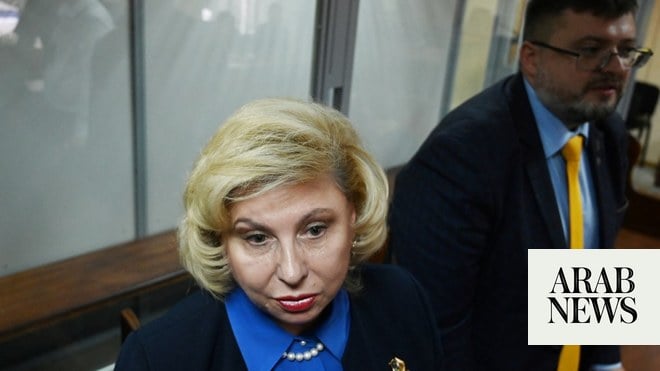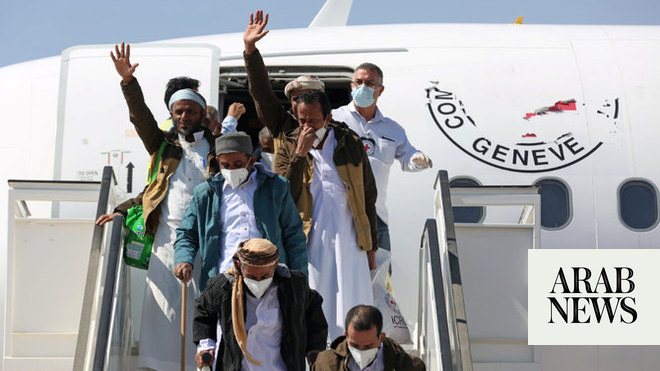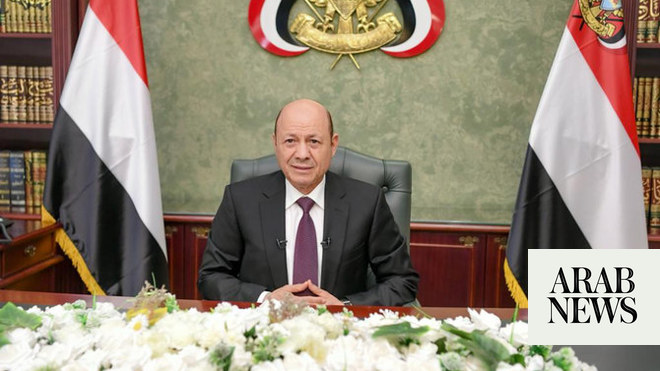
1,420 prisoners set to released in first stage
AL-MUKALLA: For the first time since February, the Yemeni government and Houthi representatives will be meeting in Geneva on Friday or Saturday to discuss final touches to the prisoner swap deal.
The direct talks revived hopes that the trust-building discussions would not only see hundreds of prisoners released, but pave the way for a new round of peace talks between the warring sides that could end the war.
Majed Fadhail, deputy minister of human rights and a member of the government delegation, told Arab News that the discussions would be built on previous talks in Amman in February when both sides agreed to swap hundreds of prisoners.
“The first stage will see 1,420 prisoners released,” he said, adding that all prisoners, including senior government military and civilian figures and other detainees in Houthi prisoners, would be released in later stages.
If the talks succeed in freeing the prisoners it could smooth the way for more trust-building steps brokered by the UN Yemen Envoy Martin Griffiths, Yemen experts say. Griffiths has said many times that his priority is convincing the warring sides in Yemen to accept his proposal for a cease-fire deal that would stop hostilities on battlefields and open humanitarian corridors across the country.
However, some Yemeni experts are pessimistic about peace prospects in Yemen given the continued intensive military operations on the ground.
Saleh Al-Baydani, a Yemeni political analyst, told Arab News on Thursday that the prisoner talks could face the fate of previous negotiations that faltered when the Iran-backed Houthis refused to release senior commanders and government officials.
The Houthis insisted on swapping their fighters with ordinary people they had abducted in Sanaa and other areas under their control.
“The main reason for the failure of the (previous) prisoner exchange agreement, although it is the least complex file, is because of the Houthis’ insistence on handing over civilian detainees who were kidnapped from homes in exchange for the government of Yemen releasing their PoW fighters who can return to the battlefield the next day,” Al-Baydani said. He added that there should be strong guarantees from the UN that the Houthis would stop detaining people if the prisoner swap succeeded.
Citing an escalation in fighting, a worsening humanitarian crisis and the coronavirus pandemic, the UN Yemen envoy said during his last briefing to the UN Security Council that the country was moving away from peace.
“Earlier this year, I warned that Yemen was at a critical juncture. I said either the guns would fall silent and the political process would resume, or Yemen would slip back away from that road to peace, and alas, this is exactly what seems to be happening,” the UN Yemen envoy said.
Al-Baydani agreed with the UN envoy’s statement, saying that the time was not ripe for peace talks because of the Houthi determination to seize control of new areas in northern Yemen, including the strategic city of Marib.
“I do not think the atmosphere is ready for any political settlement. It seems that accelerating military transformations will impose themselves in the final solution in Yemen,” he said.
Despite local and international calls for stopping their offensive against the densely populated city of Marib, the Houthis renewed their pledges to capture the city. On Wednesday, Gen. Jalal Al-Rowaishan, a Houthi minister, told a local affiliate newspaper that the movement was determined to expel government forces from Marib despite coming under huge international pressure.
The UN envoy has previously warned that fighting in Marib would pose a grave threat to tens of thousands of people who sought refuge in the city, adding that it would be impossible to reach a compressive agreement in Yemen if the Houthis seized control of Marib.
“If Marib falls, simply put, this would undermine prospects of convening an inclusive political process that brings about a transition based on partnership and plurality,” Griffiths said. Analysts believe that the mood of the Houthis is not for peace and that they are racing against time to secure Marib before international pressure increases.
“The attack on Marib is an attempt to control the last bastion of the legitimate government in northern Yemen, preempt any international pressure to stop the war in Yemen and a comprehensive settlement initiative proposed by Griffiths,” Al-Baydani said.












